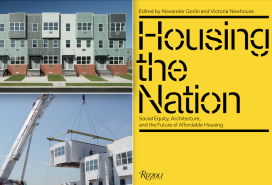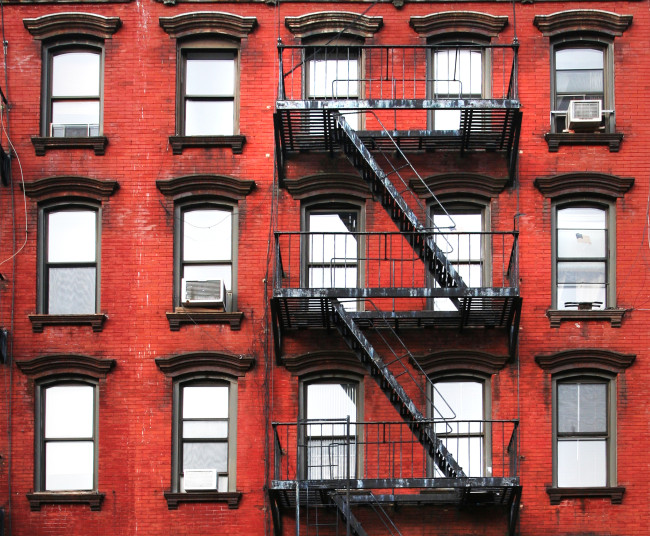The city just made it harder for landlords to use noxious construction to drive out tenants

iStock
The city is clamping down on landlords who use sloppy construction to save a buck, and sometimes to make the lives of tenants miserable in the process.
Tenants, advocates, and elected officials gathered at City Hall midday Wednesday to celebrate the City Council's passage of 11 bills aimed at stopping building owners from using noxious building techniques to drive out regulation-protected renters.
In a recent op-ed for Gotham Gazette, several of the legislation's sponsors write that it has become increasingly common in their districts for new landlords to undertake extensive, disruptive renovations of buildings with the goal of pushing out residents, and that "construction-related complaints number in the thousands each year"—there were 7,010 in 2015 alone. The legislative package is the product of a partnership between the City Council and the activist coalition Stand for Tenant Safety.
Last week, Brick reported that rent-stabilized tenants of 184 Kent Avenue in Williamsburg say owner Kushner Companies is in the midst of a condo conversion that is creating ceaseless noise, dust, and pest problems that are making their apartments nearly uninhabitable.
Councilman Ben Kallos, who represents the East Side and Roosevelt Island, and is one of the sponsors of the legislation, says he's seen similar tactics in Manhattan as well, and that the flip-side of construction as harassment is owners of regulated buildings allowing them to fall into disrepair. "What I've seen in my district is landlords neglecting buildings in order to force rent regulated tenants out of affordable housing, thereby continuing to mark things up," he says. "The law didn't give the city the tools it needed to fix the problem."
To address this, explains Zara Nasir, director of the City Council Progressive Caucus, the bills provide for more and stronger oversight measures, including an increase in penalties for violations and tighter deadlines for landlords to fix construction-related problems. The bills also require that landlords post notices educating tenants about their rights prior to beginning construction.
Kallos introduced two bills relating to violations, which increase the city's ability to foreclose on buildings with unpaid fines, and to impose tax liens on buildings that haven't paid fines for violations. "Now every violation will count and the city will be able to take that property, move it into a third party transfer, and get it into the hands of a responsible owner," he says.
(You can read a detailed explanation of each of the bills here.)
A proposal still under negotiation would create a real-time enforcement unit in the Department of Buildings to respond to tenant complaints about construction more quickly, as well as to track complaints and violations. According to Nasir, it currently takes an average of over 45 days for the DOB to respond to complaints. "For something that's very severe, like plumbing issues that create really hazardous conditions, that's not an appropriate amount of time," she says.
Councilwoman Helen Rosenthal, who represents the Upper West Side and is another sponsor, says that near the end of discussions another bill was added to the package, creating an Office of the Tenant Advocate. "What this does is create an officer whose entire job is to be an advocate for tenants, so no longer will they have to count on Council members or trying to get through the bureaucracy that is the DOB," she says. "Now they have somebody who is fighting for them, and they'll have a platform to get their voices heard."
The Real Estate Board of New York issued a memo in opposition to much of the legislation. "Legislation to discourage and penalize such behavior must be narrowly tailored so that only the 'bad actors' are isolated and affected," REBNY writes. The trade group questions, for instance, whether small building owners might be exposed to financial hardship due to tax liens for unpaid violations, as well as the necessity of the Tenant Advocate, given that many of the role's responsibilities are already handled by other DOB offices.
For more on what you can do if you find yourself dealing with construction that's making your apartment uninhabitable, check out our guides here, here, here, and here.
You Might Also Like






























